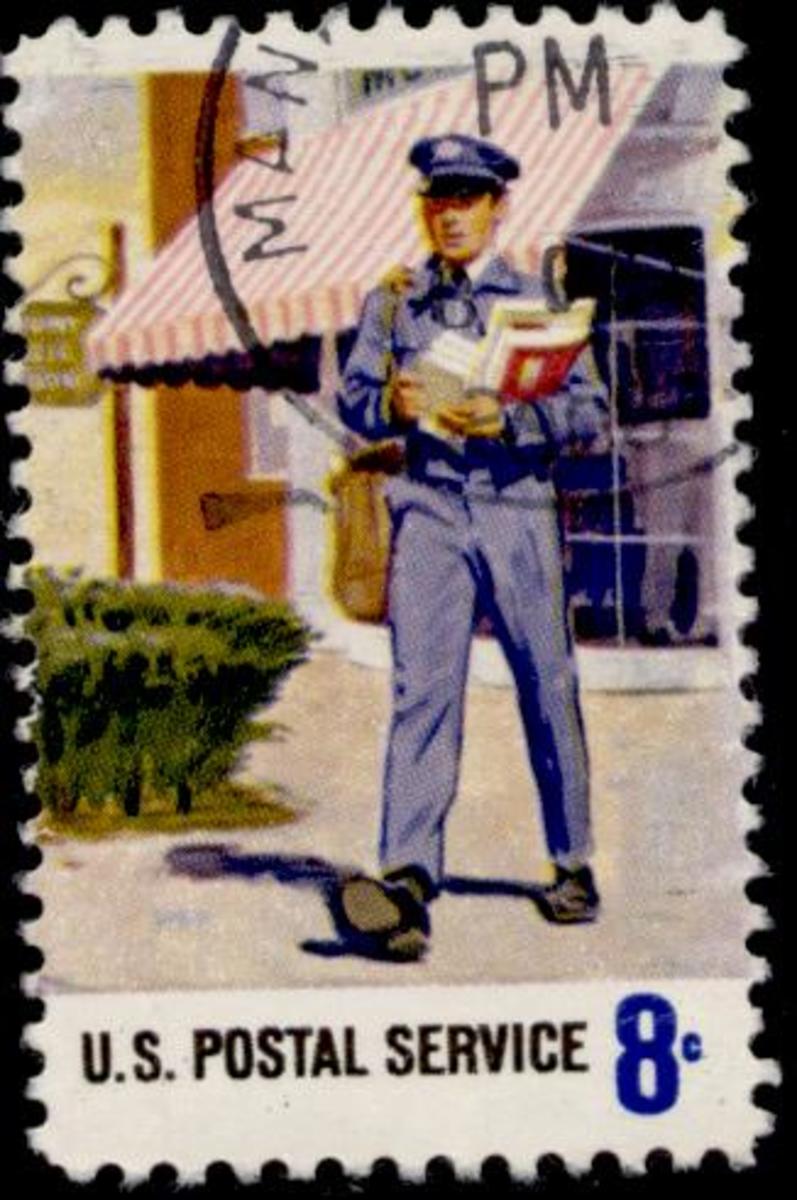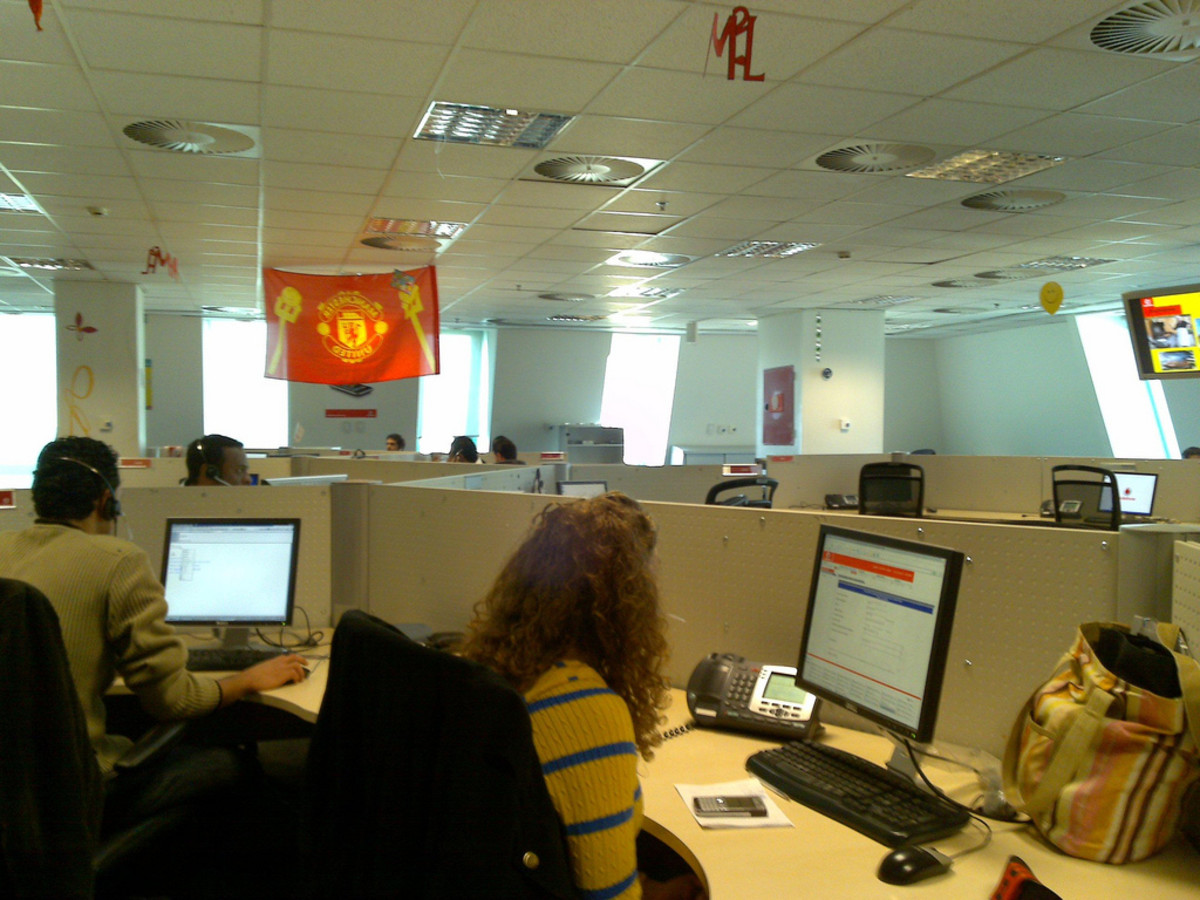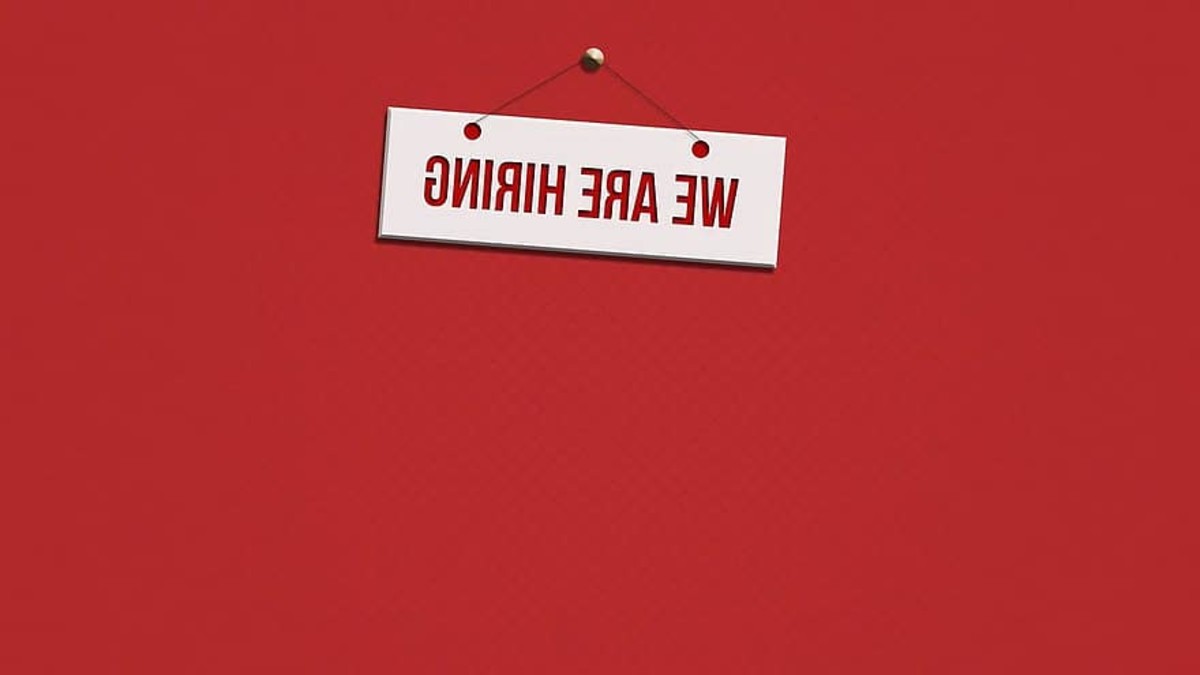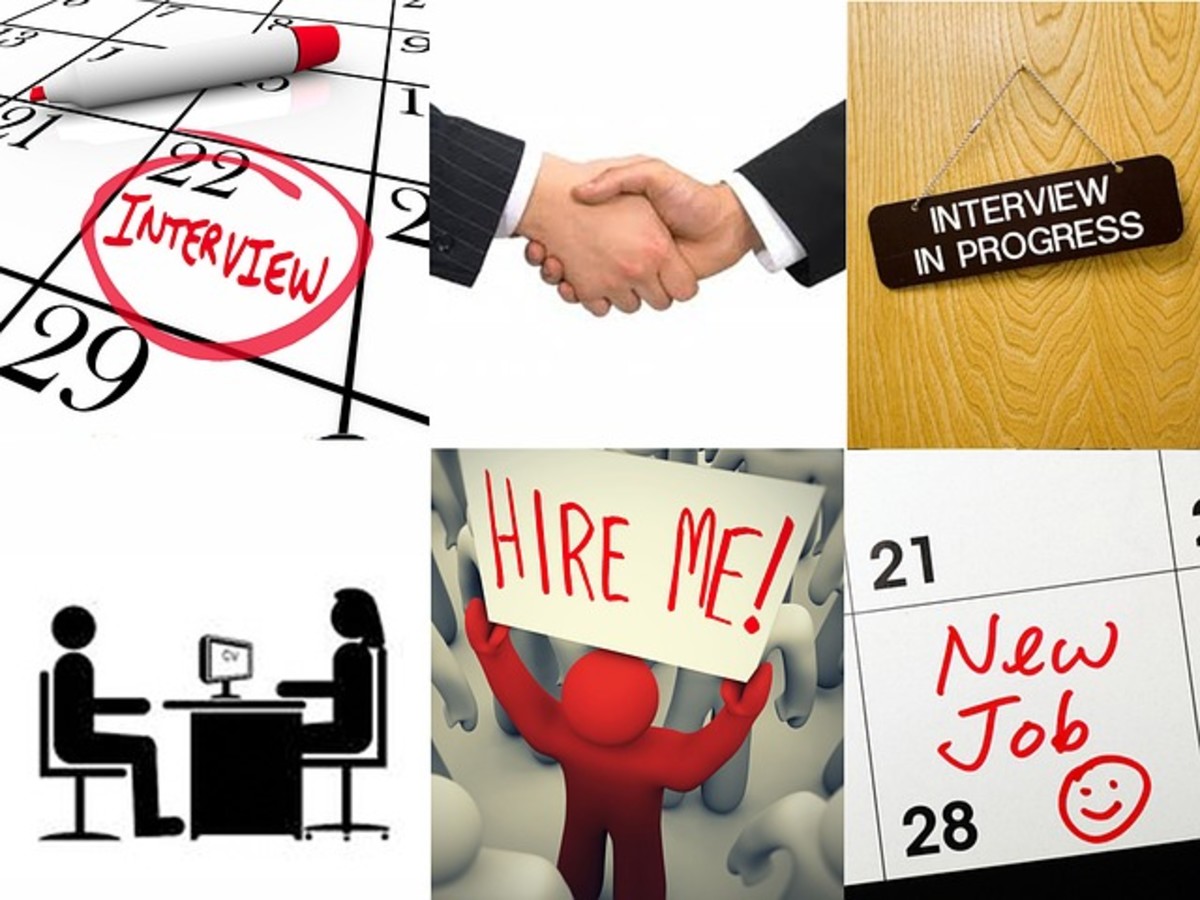- HubPages»
- Business and Employment»
- Employment & Jobs»
- Interviewing for a Job
Answers to Interview Questions About Challenges, Mistakes & Problems

Wise Words
All men make mistakes but only wise men learn from their mistakes.
Winston Churchill
Determining Your Accountability
We all make mistakes at some point in our professional and personal lives, so during a job interview, it is important you show how accountable you have been in correcting them in order to move forwards.
- “Tell me about a mistake you made at work.”
- “What have you learned from your mistakes?”
- “Tell me about a problem that you solved in a unique way”
It’s unlikely that an interviewer is expecting you to be Mary Poppins, so don’t worry if you’re not practically perfect in every way. What they will be expecting, is for you to demonstrate your accountability; how you dealt with any mistakes or errors of judgement and what you learned during the process.
If you are asked these types of questions, then the name of the game is to give examples of how you turned a negative into a positive. If there was a solution; there was no problem.
A bigger problem would be to say that you haven’t made any mistakes. You probably have, but just either haven’t realised or don’t care to admit it.
It’s absolutely fine to admit that you have made mistakes in the work place. Keep the examples brief and generalist. Now is not the time to tell of the time you left the washroom taps running and flooded the ground floor, or of when you turned up with a hangover and spent all morning being sick!
Here are some appropriate answers:
“Early in my career I felt that I had to know everything about all of the products and sometimes gave incorrect information. This, on a couple of occasions, led to customers returning products or complaining. My lack of experience made me feel that I would be showing incompetence if I could not provide any answer, but fortunately my supervisor was supportive and helped me to realise that it is acceptable to refer any questions to someone in the team who is more expert or has more experience than me. This way the customers receive a better service.”
Or
“I think one of the most important things I've learned is persistence. Not to give up too soon, because the solution is probably right in front of me. I used to get frustrated and feel like I had failed, but over time this has turned into determination.”
Or
“I am always enthusiastic about my work and find it difficult to say no. I have learned overtime that I don’t have to say yes to everything and I have to weigh up quantity over quality of workload before reaching a decision.”
Whatever you choose to say for this one, it is essential that you are honest and show that you have learned and moved forwards.

Interview Questions About Challenges
Every job will involve challenges from time to time, so the interviewer will be looking to judge your self-awareness, tenacity and logic.
- “How Did You Handle Challenges In Your Previous Role?”
When asked this question, try to be as specific as possible without divulging any information that may be confidential, compromise security or reveal anything sensitive about your previous organisation.
Discuss how you (and team if applicable) researched potential solutions before a final decision was made.
Did you implement any operational procedures that increased productivity or contributed to the smooth running of the company?
Talking in monetary or numerical terms will always help here and will add impact to your answer.
In order to keep your answer succinct and on track, you can use the S.T.A.R technique.
S - Situation
T - Task
A - Action
R - Result
Describe the situation (this is the introduction to your answer. Then talk about the tasks and actions you took in order to achieve a positive result.
Quick Poll
Have you been asked questions about your prior mistakes in a job interview before?
Failures
- “What would you say has been your greatest failure?”
This is fairly similar to discussing your weaknesses, in that it would be sensible here to discuss a particular failure of a task with the inclusion of what steps you took to overcome it. You can use S.T.A.R here again.
Think about a specific example in the work place, if you can, but only if you have learned from the failure and that you certainly won’t fail in the same way again. What exactly did you do and did you seek any advice?
Tread with caution though. Now is not the time to talk about a spectacular failure where the interviewer may judge you as being irresponsible and reckless.
If you are a graduate or interviewing for your first job then aim to keep it related to education or a hobby.

Not Meeting Deadlines or Targets
Meeting deadlines and achieving targets are an important part of business, but sometimes, for whatever reason, we might not quite get there. While you probably don't want to admit that you have not achieved these during a job interview, it's important to be honest.
- “Give me an example of a situation where you didn't meet your goals or objectives.”
It’s okay to describe a situation where you didn’t meet expectations, providing you show what steps you have taken since then to avoid a similar failure. If you have been absolutely brilliant and achieved all goals and objectives in your career then give an example of when things nearly went wrong and how you managed to turn it around. This is much better that saying that you don’t have an example because you have been a fabulous employee all of the time.
Once again, where possible, relate the situation to the role for which you are interviewing, but if you really can’t, then think a skill which may be transferable from outside of the work place.
“In my last role I didn’t achieve my sales targets for the first quarter of the year. I always over achieved my targets as January is the month where we historically have the highest sales and due to this past success I assumed this year would be the same. I normally break down my targets into weekly goals, so I know exactly what I have to work towards but this time I didn’t. I have learned my lesson and now ensure I always plan in advance and never assume. On a positive note, I did make up the difference in the second quarter.”
Avoid situations where you may have under achieved because you were on holiday or ill. The interviewer will wonder why you didn’t have the foresight to talk with your supervisor or put plans into place to counteract the effect of your absence.
Free career apps

Top Tip
Always prepare your answers in advance of your job interview and practise them, so that they trip off your tongue. This is particularly important when you are talking about mistakes you have previously made, so that you project your answers in a calm manner. Talking about your mistakes can be stressful and this coupled with nerves, may make you break out in a cold sweat! The more you plan, prepare and practise, the easier it will be and the more level-headed and professional you will appear to the hiring manager.
Good luck for your next job interview!












